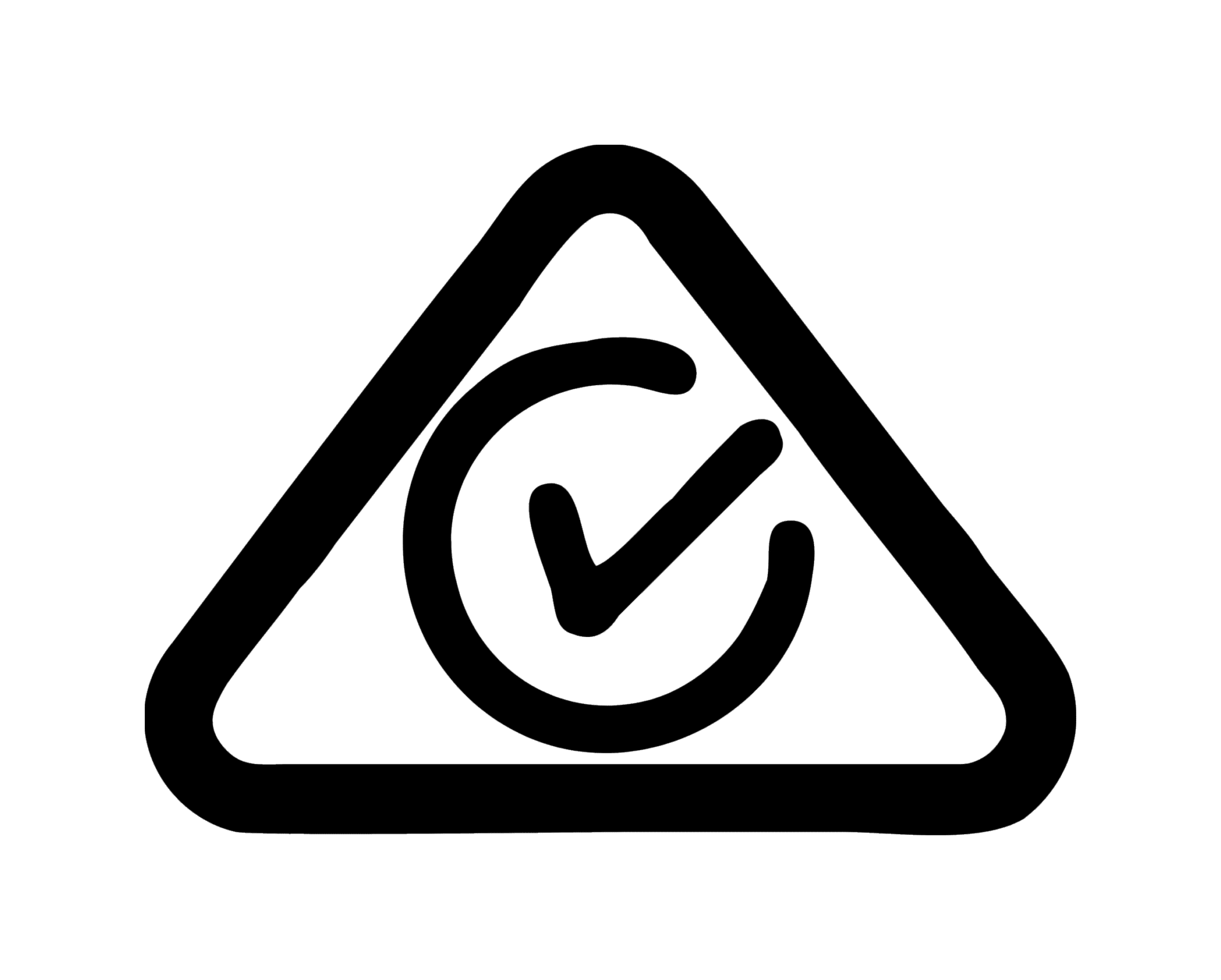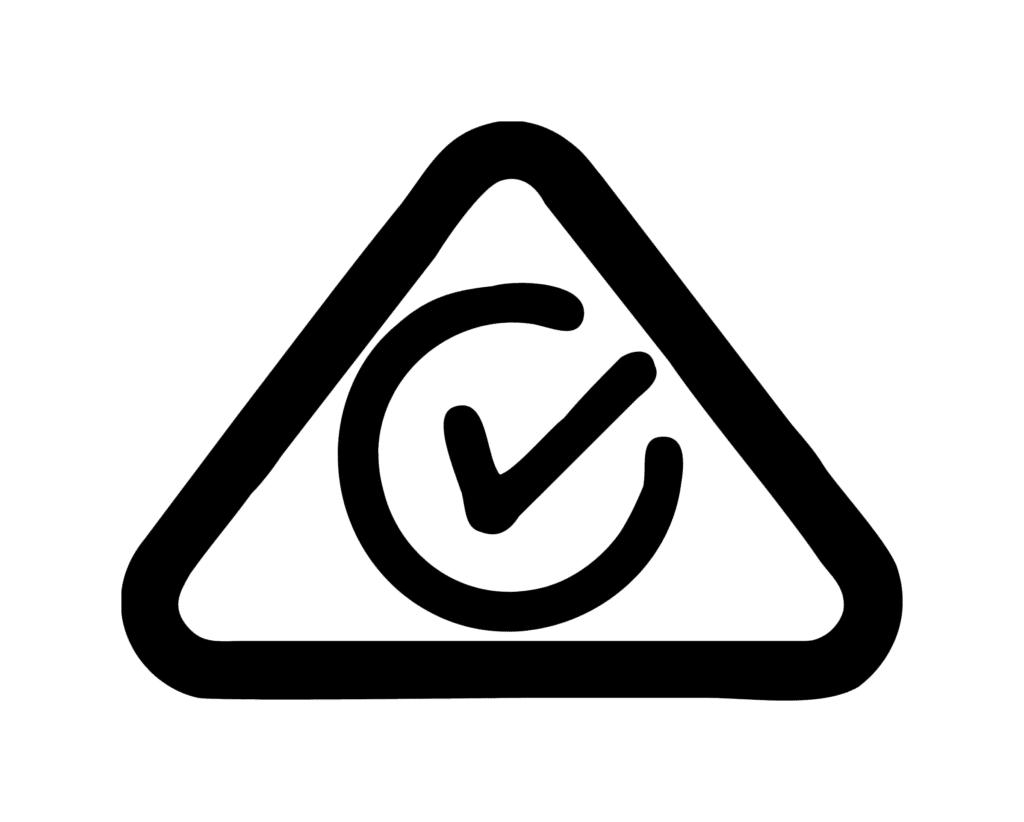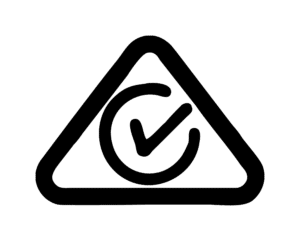Introduction to RCM Certification
As a manufacturer or consumer of electrical equipment in Australia, understanding the Regulatory Compliance Mark (RCM) certification is crucial. RCM certification ensures that electrical products comply with the regulatory requirements of the Australian Communications and Media Authority (ACMA). It is a mandatory requirement for all electrical and electronic products to bear the RCM mark before they can be legally sold in the Australian market.
The RCM mark signifies that the product meets the essential safety and electromagnetic compatibility (EMC) requirements, providing assurance to consumers and authorities that the product is safe and compliant with Australian regulations. This article aims to provide a comprehensive understanding of RCM certification, its significance, and the process involved in obtaining RCM certification in Australia.
Importance of RCM Certification for Electrical Equipment
RCM certification holds paramount importance for manufacturers and consumers alike. For manufacturers, obtaining RCM certification is not just a legal requirement, but also a demonstration of their commitment to producing safe and compliant electrical products. It enhances their credibility and marketability, as the RCM mark instills confidence in the quality and safety of their products.
For consumers, the RCM mark serves as a symbol of trust and reliability. It assures them that the electrical equipment they are purchasing has undergone rigorous testing and meets the necessary standards for safety and performance. In a market flooded with electrical products, the RCM mark helps consumers make informed decisions, ensuring that they invest in products that adhere to Australian regulatory standards.
What is an RCM Mark?
The RCM mark, also known as the Regulatory Compliance Mark, is a distinctive logo that indicates compliance with the applicable Australian regulations for electrical and electronic products. It consists of a single vertical wavy line intersected by two parallel lines, forming the shape of an ‘R’ inside a rectangular border. The RCM mark must be affixed to the product or its packaging before it can be legally sold or supplied in the Australian market.
The presence of the RCM mark on electrical equipment signifies that the product has been tested and certified to meet the essential safety and EMC requirements specified by the regulatory authorities. It is a visual indicator of regulatory compliance, providing assurance to both businesses and consumers that the product conforms to the necessary standards for safety and performance.
Understanding RCM Regulatory Compliance Mark
The RCM mark is indicative of the product’s compliance with the regulatory requirements set forth by the Australian Communications and Media Authority (ACMA). It encompasses two key aspects of compliance – electrical safety and electromagnetic compatibility (EMC). The RCM mark ensures that the product has been assessed and certified to meet these essential requirements, safeguarding against potential hazards and interference with other electrical devices.
The regulatory compliance mark is a testament to the manufacturer’s adherence to the stringent regulations governing electrical equipment in Australia. It signifies that the product has undergone thorough testing and evaluation to ensure its safety and performance, aligning with the overarching goal of protecting consumers and maintaining the integrity of the Australian market.
RCM Certification Process
The process of obtaining RCM certification involves several critical steps to ensure that the electrical equipment complies with the regulatory standards. Manufacturers are required to engage with accredited testing and certification bodies to assess their products against the applicable regulatory requirements. This involves comprehensive testing for electrical safety and EMC, including assessments for insulation, earthing, leakage current, and electromagnetic emissions.
Once the product successfully meets the prescribed standards, the certification body issues the RCM certificate, allowing the manufacturer to affix the RCM mark to the product. The certification process is a rigorous and meticulous undertaking, emphasizing the commitment to ensuring the safety and compliance of electrical equipment in the Australian market.
Requirements for Obtaining RCM Certification in Australia
To obtain RCM certification in Australia, manufacturers must adhere to specific requirements outlined by the regulatory authorities. These requirements encompass various aspects, including product testing, documentation, and compliance with relevant standards. Manufacturers are responsible for providing detailed technical documentation, test reports, and evidence of compliance with applicable Australian standards for electrical safety and EMC.
Furthermore, manufacturers must engage accredited testing laboratories and certification bodies to conduct the necessary assessments and verifications. The testing and certification process must align with the regulatory requirements set by the ACMA, ensuring that the product meets the stipulated safety and performance standards before it can be granted RCM certification.
RCM Certification Testing and Standards
The testing and standards associated with RCM certification are fundamental to ensuring the safety and performance of electrical equipment. The certification process encompasses a range of tests to evaluate the product’s compliance with electrical safety and EMC requirements. This includes testing for insulation resistance, electric strength, leakage current, electromagnetic compatibility, and radiated emissions, among others.
The standards for RCM certification are derived from the applicable Australian and international standards, such as AS/NZS 60950.1 for electrical safety and AS/NZS CISPR 32 for EMC. Adhering to these standards is essential for demonstrating the product’s compliance with the regulatory requirements and obtaining RCM certification. Manufacturers must meticulously evaluate their products against these standards to ensure conformance and mitigate potential risks associated with non-compliance.
Benefits of RCM Certification for Manufacturers and Consumers
Obtaining RCM certification offers a myriad of benefits for both manufacturers and consumers. For manufacturers, RCM certification signifies adherence to regulatory standards, fostering trust and credibility in the market. It enhances the marketability of their products, facilitating access to the Australian market and demonstrating a commitment to safety and compliance. RCM certification also provides legal protection, ensuring that the products meet the necessary requirements for distribution and sale.
For consumers, RCM certification serves as a mark of assurance, signifying that the electrical equipment has undergone rigorous testing and complies with the essential safety and EMC standards. It instills confidence in the reliability and performance of the products, enabling consumers to make informed purchasing decisions. The RCM mark acts as a symbol of quality and safety, safeguarding consumers against potential risks associated with non-compliant products.
RCM Certification: Common Misconceptions
Despite its significance, RCM certification is often accompanied by common misconceptions that warrant clarification. One prevalent misconception is that RCM certification is only applicable to specific types of electrical products. In reality, RCM certification is mandatory for all electrical and electronic products intended for sale in the Australian market, regardless of their nature or application.
Another misconception pertains to the belief that RCM certification is a one-time requirement. In actuality, RCM certification necessitates ongoing compliance and surveillance, requiring manufacturers to uphold the certified status of their products through regular testing and evaluation. Understanding and dispelling these misconceptions is crucial for fostering a comprehensive understanding of RCM certification and its implications for electrical equipment in Australia.
Conclusion
In conclusion, RCM certification is an indispensable requirement for electrical equipment in Australia, encompassing essential safety and EMC standards. The RCM mark serves as a symbol of compliance, assuring consumers of the safety and reliability of the products. Manufacturers must navigate the rigorous certification process to obtain RCM certification, ensuring adherence to the regulatory requirements set by the ACMA.
As the cornerstone of regulatory compliance for electrical products, RCM certification plays a pivotal role in upholding safety standards and consumer protection. It is imperative for manufacturers and consumers to recognize the significance of RCM certification and its implications for the Australian market. By understanding the intricacies of RCM certification, stakeholders can foster a culture of safety, compliance, and trust within the electrical equipment industry.
CTA: For more information on RCM certification and compliance for electrical products in Australia, feel free to reach out to our experts for guidance and support.







